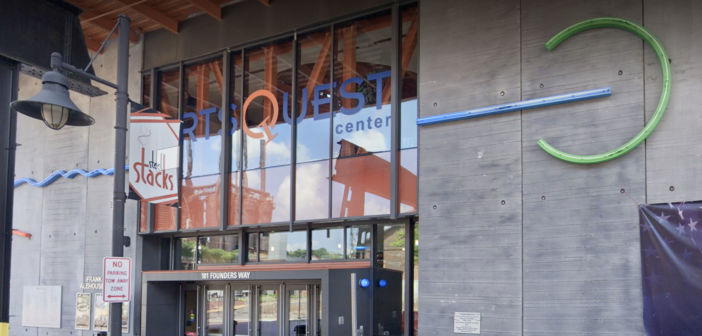Arts venues, such as community theaters and art centers, have been particularly vulnerable since the onset of COVID-19, many having had to shut their doors for over 10 months.
The Save Our Stages Act was introduced to Congress in July and passed as part of the COVID-19 stimulus bill on Dec. 27. The act is the largest congressional arts bill passed in history and will provide $15 billion in funding to independent venues, including several in the Lehigh Valley.
Supported by the National Independent Venues Association, a coalition of over 3,000 independent venues, the Save Our Stages Act is intended to help arts facilities survive. As part of the largest arts bill to ever pass, grant funding can be used for fixed and necessary expenses such as payroll, building maintenance and aid in eventual reopenings.
Kassie Hilgert, president and CEO of ArtsQuest in Bethlehem, said arts venues were among the first to close and will likely be among the last to reopen. She said ArtsQuest has lost $15 million in revenue since March.
“This has been a pandemic that has hit our particular industry, the arts and independent venues, very hard,” Hilgert said.
Although local venues like ArtsQuest and Miller Symphony Hall in Allentown have transitioned to virtual programming, this funding remains critical.
“People have been forced to shelter, stay at home and avoid these sorts of offerings because we are the definition of social gatherings,” said Al Jacobsen, executive director of The Allentown Symphony Association, who owns and operates the Miller Symphony Hall.
Aside from the settings themselves, arts venues have a sizable economic impact on the local community.
Hilgert said in a typical year, ArtsQuest generates over $138 million for the region.
“Organizations like ours are kind of at the center of an ecosystem of so many other businesses,” said Denise Smith, vice president of development at the State Theatre in Easton. “The restaurants are full when we have shows, and hotels and so many other businesses rely on arts, entertainment and music for their businesses to thrive.”
Jacobsen said despite challenging times, he looks forward to gathering in person again when it is deemed safe. Jacobsen said he predicts the arts will flourish again since individuals will be yearning to experience live performances.
ArtsQuest, the Miller Symphony Hall and the State Theatre continue to plan future programming. All of the venues emphasized the need to remain flexible to allow patrons to enjoy the arts in the safest possible manner.






Comment policy
Comments posted to The Brown and White website are reviewed by a moderator before being approved. Incendiary speech or harassing language, including comments targeted at individuals, may be deemed unacceptable and not published. Spam and other soliciting will also be declined.
The Brown and White also reserves the right to not publish entirely anonymous comments.